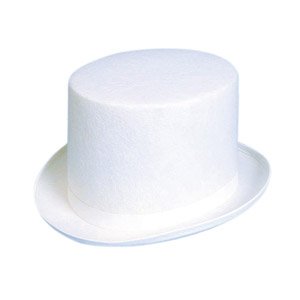Chapter 22
Pierre runs into darling Bory. I have never liked him, not since he first showed up on these pages. I am not sure whether I spelled that out before or if I just implied it. He's elegantly dressed with a whip slung across his shoulder, like Kutuzov.
I assume it is not an awesome dragon whip like Golbez, but I'll pretend it is anyway. Meanwhile, Kutuzov has set up in the shade of the nearest house, and has been brought a bench to sit on. The narrative doesn't explicitly say that any of the throng surrounding him have fans, so I am forced to assume that they do.
Pierre tells Bory that he wishes to see the position of the battle, and Bory tells him that the spot where Coutn Bennigsen will be is the best. Bory will also be there, so he suggests Pierre just come with him now to sort it out. Pierre is more interested in the right flank though, and Bory is heading to the left flank. Bory says he can see that later, and he will point out Andrew's regiment along the way. He also confides that the left flank is not in the shape anyone wished, but something went wrong. At this point they're interrupted by Kaysarov, Kutuzov's lackey. Bory congratulates him on the strength of the left flank and how wise Kutuzov was to have intuited the French movements and strengthened it accordingly, because he is a two-faced little weasel. That's how he's become so respected amongst the higher command. More specifically, the higher command is currently split into Kutuzov's party and Bennigsen's party, and Bory is firmly on the side of Bennigsen, while showing servile respect to Kutuzov in such a way that he makes him look like an idiot. Honestly, I've been binge watching the last few seasons of Glee and the high-school drama of it all is very similar. I understand why Pierre feels that there must be something truly important, if he could only find it amongst all this mess. Anyway, darling Bory is happy because either Kutuzov will be destroyed and Bennigsen will be all powerful, or Kutuzov will win the battle but everyone will attribute it to Bennigsen anyway.
Now that people have spotted Pierre, he is showered with questions of Moscow and news, so he barely has time to respond. Pierre's attention is caught by the faces which appear to be preoccupied with universal questions of life and death over personal politics. He's summoned to Kutuzov, but Dolokhov manages to get there first, and Pierre hears a whisper of gossip that Dolokhov has been downgraded but is trying to rise up again through proposing brave guerilla schemes. Dolokhov's begging Kutuzov for a chance to give his life for mother Russia when Pierre reaches them. He greets Pierre by loudly announcing that "the militia have put on clean white shirts to be ready to die". Kutuzov hears this - as intended - and questions him about it. Presumably, darling Bory is implying that Kutuzov is responsible for these men expecting to die in war rather than achieving a glorious victory or something. Kutuzov moves onto Pierre, telling him that he, Kutuzov, is one of Helene's admirers, which I would not consider a compliment though Kutuzov probably does intend as one.
After Pierre leaves Kutuzov - we don't hear any more of their conversation, so it's probably not important - Dolokhov tells him that he "regret[s] the misunderstanding that have occurred between [them]", and asks Pierre for his forgiveness. Pierre doesn't know what to say, so Dolokhov embraces him and kisses him. Meanwhile, darling Bory has spoken to Bennigsen, who suggests that Pierre ride with him along the line. They set out half an hour later, as Kutuzov leaves for Tatarinova.











